6 dangerous fish you should never eat
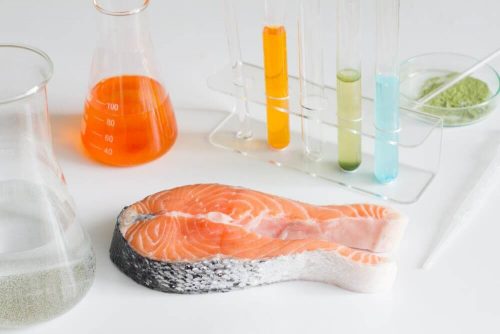
Today, in this article, we'll talk about 6 dangerous fish you should never eat.
Fish is one of the healthiest and most delicious foods in the world, so it's a reasonable choice to regularly add to your diet. It is often considered a healthy food because there are good reasons to even consider it a recommended food by doctors and nutritionists .
However, there are negative effects that many people are not aware of, one of which is mercury .
Mercury and fish
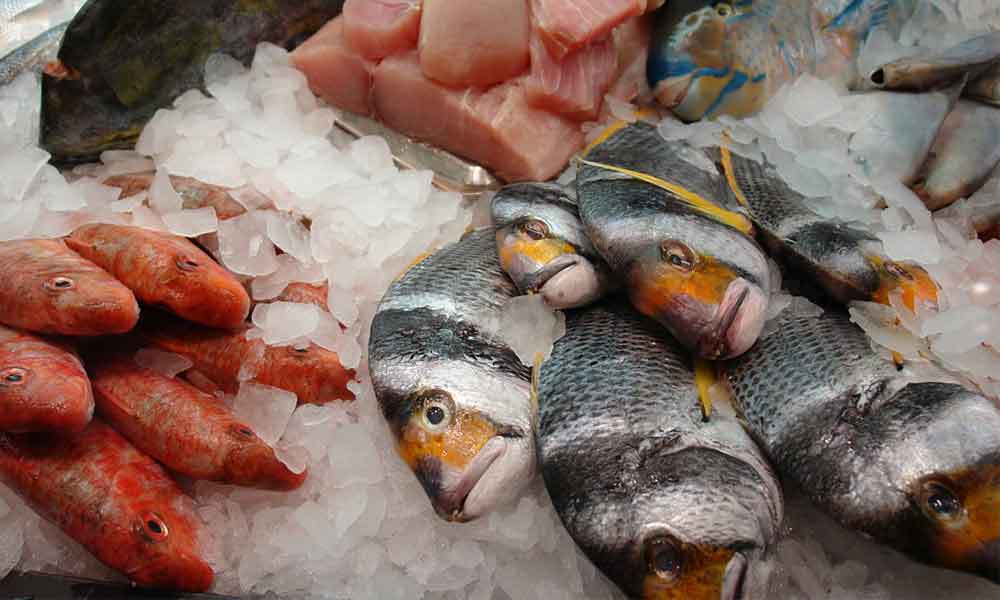
Various studies have been conducted over the years confirming the presence of heavy metals in fish . Among heavy metals, methylmercury (organic compounds derived from mercury) has a high proportion.
Eating fish high in heavy metals is one of the most dangerous factors for humans.
However, mercury is not the only thing that affects human health. Fish fat contains other harmful substances. These are pollutants originating from the environment in which the fish lived.
Objects such as plastics or strong chemicals contaminate the fish that come to the table for a “healthy” dinner .
Moreover, the human body cannot process substances such as mercury. This metal accumulates in our body until it reaches dangerous levels.
Dangerous fish you shouldn't eat
Knowing that certain types of poisonous fish exist, you need to know which types of fish are most affected by mercury.
So, we've listed the six most dangerous fish below.
Read more: 9 unhealthy fish we should avoid
Red tuna
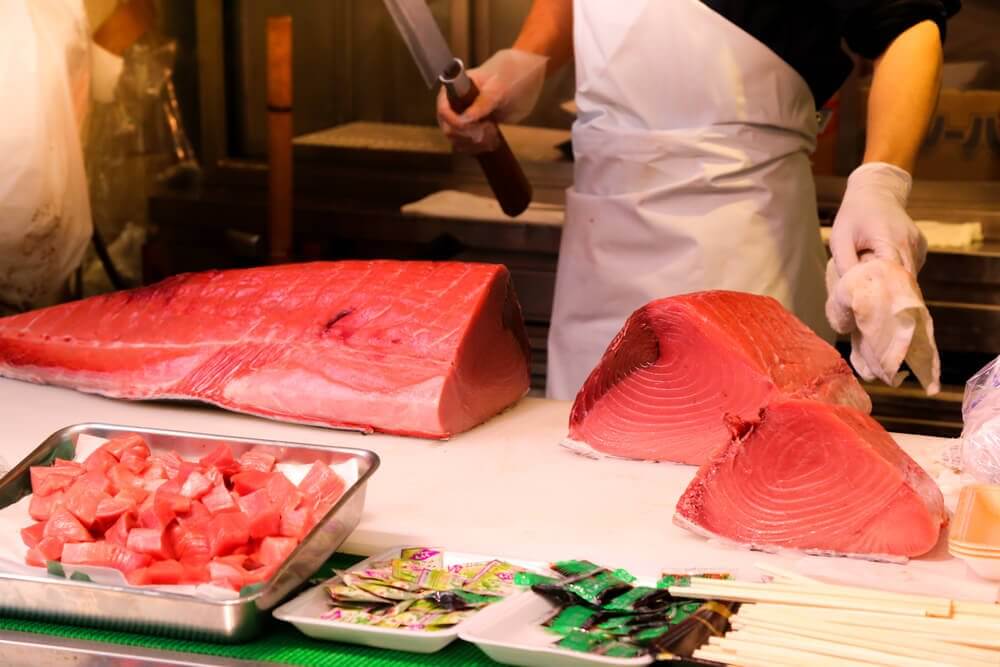
Red tuna is one of the most popular fish in the fishing industry and has a variety of species. Given the risks of mercury, people should not eat red tuna regularly.
This warning is especially for children and pregnant women. This fish should be eaten at most once a week.
Basa
You can find Basa on a list of the world's most dangerous fish. It is caught in Vietnam and is gaining popularity with people because it is easy to eat.
It is easy to eat because it has no bones. Like a flounder, you can eat only lean meat, but Basa is more economical. Despite its price and ease of eating, this fish lacks nutrients. For first-time eaters, Basa is low in omega-3 fatty acids.
In addition, an insecticide called trifluralin primarily infects Vasa. Its ingredients can also be harmful to human health.
Dome-footed shark
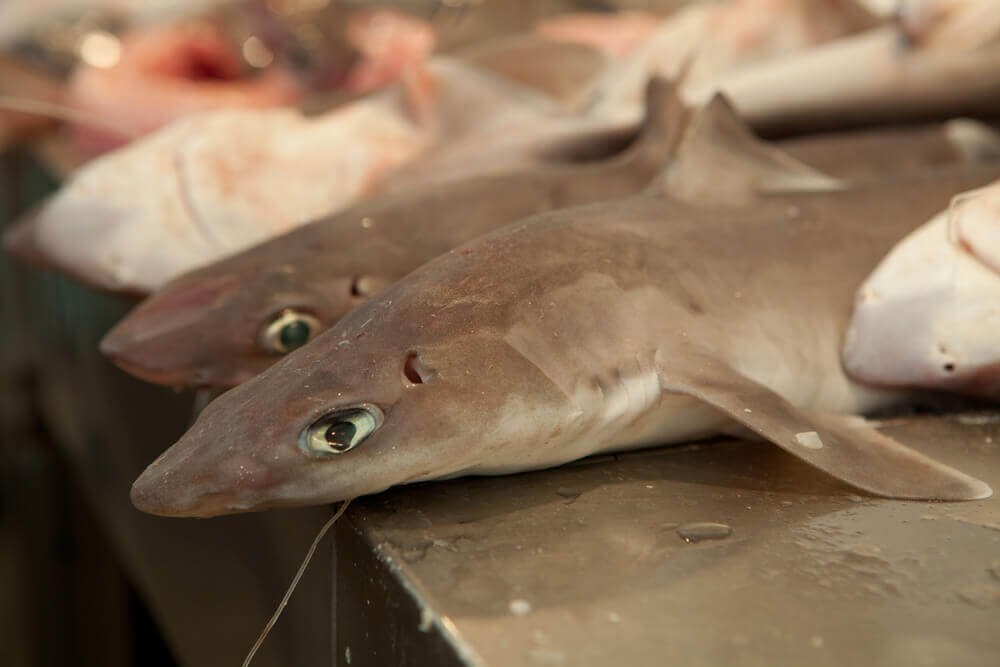
This fish is one of the most commonly found types of Spanish food. It is even used as an inexpensive substitute for swordfish. However, the large size acts as a big disadvantage.
Thanks to its size, fat accumulates cadmium (a harmful metal) and mercury . Neither metal has any good health benefits, so the best thing to do is not consume it.
Mackerel
In many places, especially in restaurants, mackerel is eaten regularly. Despite this popularity, the World Health Organization (WHO) has designated mackerel a dangerous food.
This dangerous fish is one of the types that contain the highest amount of mercury in its meat. With this in mind, the best way to be healthy is to either avoid eating mackerel, or just eat very little bit by chance.
Read more: Omega-3 fatty acids aren't just found in fatty fish
Tilapia
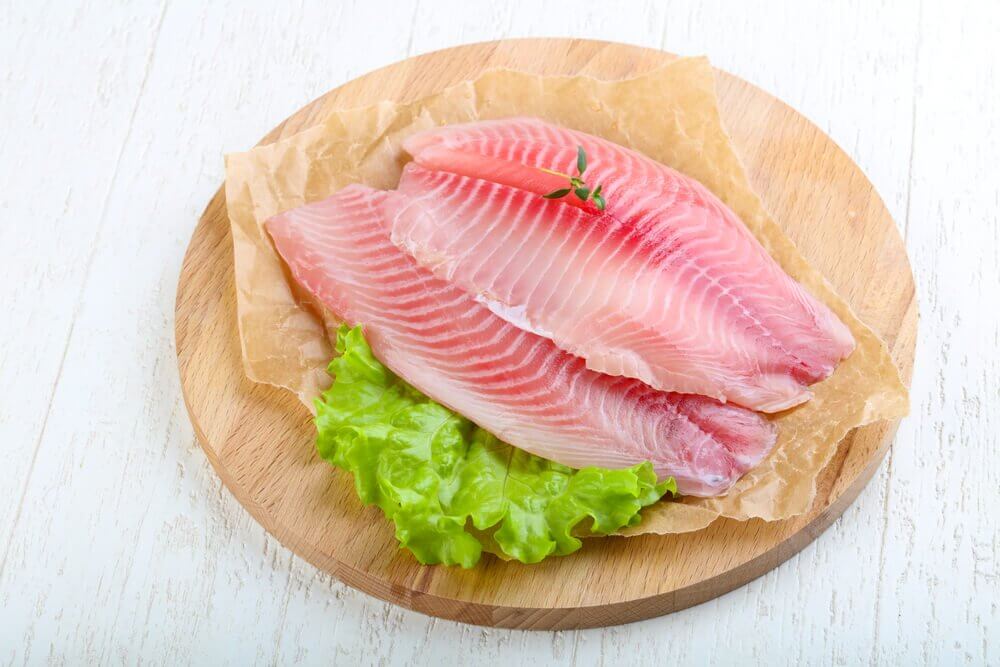
If the fish mentioned above (mackerel) are common, what can be said about tilapia? Tilapia is also one of the most frequently consumed fish.
Regardless of how many sources are consumed, tilapia may be one of the most dangerous fish for human health. What 's more, it 's also compared to lard (hardened pork chop) thanks to the high fat of tilapia. This fish leads to high cholesterol (LDL), in other words "bad cholesterol".
With this in mind, you should set a goal to eat less tilapia , especially if you have arthritis, asthma, or cardiovascular disease .
swordfish
Thanks to their large size, swordfish eat smaller fish throughout their lives.
As a result, swordfish store large amounts of more fat, while also storing large amounts of mercury.
Considering its high content, it's better not to eat swordfish and exclude it from your diet altogether.
No comments:
Post a Comment